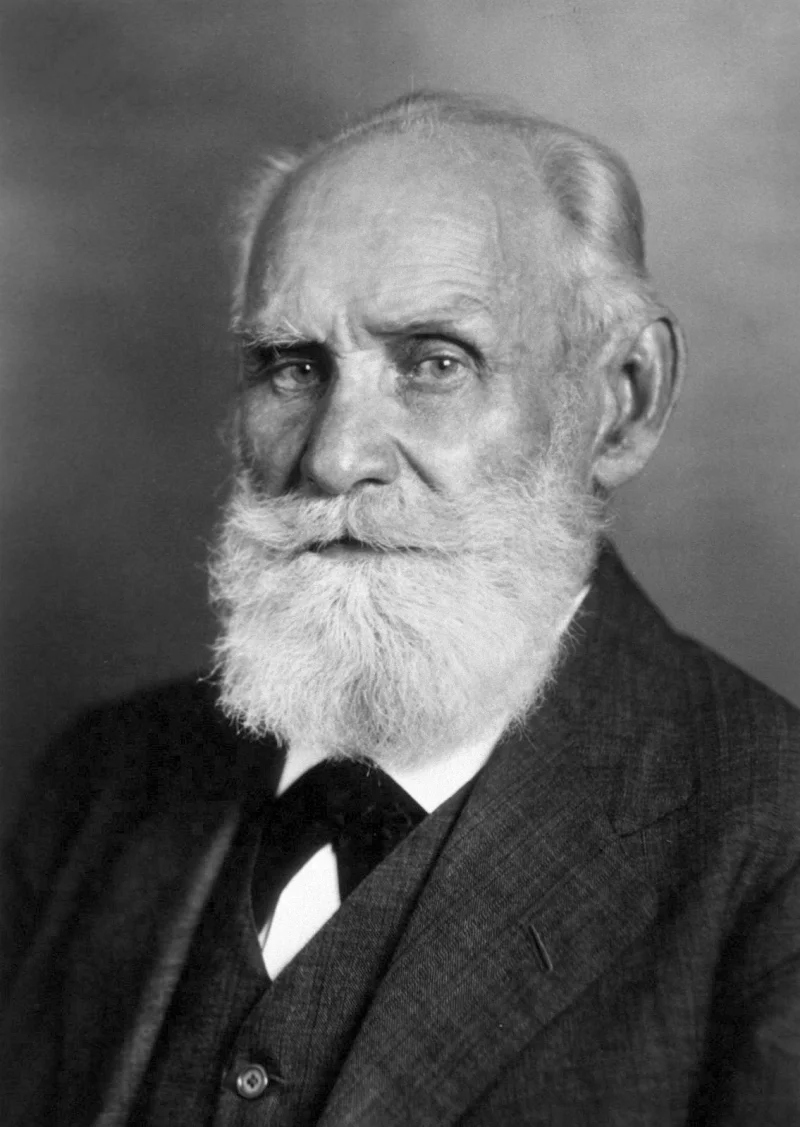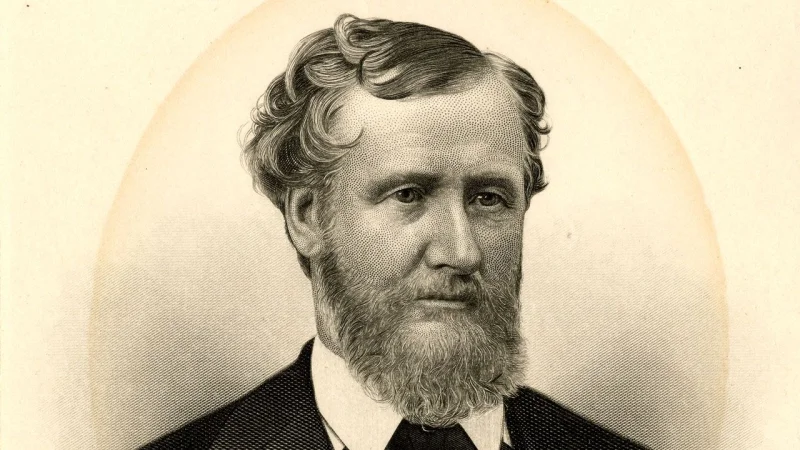Short Summary
Ivan Pavlov was a Russian physiologist renowned for his pioneering work in classical conditioning, which laid the foundation for the field of behavioral psychology. He is best known for his experiments with dogs, demonstrating how reflexes can be conditioned by external stimuli. Pavlov's research contributed significantly to the study of human psychology and behavior, earning him the 1904 Nobel Prize in Physiology or Medicine for his work on the physiology of the digestive system.
Early Life & Education
Ivan Pavlov was born on September 14, 1849, in Ryazan, Russia, to a family of modest means. His father was a village priest, and his mother was a homemaker. Pavlov initially enrolled in a theological seminary but left to pursue a career in science after being inspired by the works of Charles Darwin and Ivan Sechenov. He attended the University of St. Petersburg, where he studied natural sciences, and later pursued a doctorate in physiology. Pavlov's early education and influences laid the groundwork for his future scientific endeavors.
Career Highlights
Pavlov's career was marked by his groundbreaking research in physiology and psychology. After completing his doctorate, he became a leading researcher at the Institute of Experimental Medicine in St. Petersburg, where he conducted his famous experiments on classical conditioning. His work demonstrated the role of conditioned reflexes, significantly advancing the understanding of behavioral psychology. Pavlov's research extended beyond psychology to include the study of the digestive system, for which he received the Nobel Prize in 1904. His career was characterized by meticulous experimentation and a commitment to scientific inquiry.
Major Achievements
- Developed the concept of classical conditioning, demonstrating the association between stimuli and reflexive responses.
- Won the 1904 Nobel Prize in Physiology or Medicine for his research on the physiology of the digestive system.
- Conducted extensive research on the nervous system, contributing to the understanding of behavioral psychology.
Famous Quotes
- "Don't become a mere recorder of facts, but try to penetrate the mystery of their origin."
- "Appetite, craving for food, is a constant and powerful stimulator of the gastric glands."
Interesting Facts
- Pavlov initially trained to become a priest before pursuing a career in science.
- His research on conditioning was initially focused on the digestive system, using dogs to study salivation.
- Pavlov's work influenced not only psychology but also areas like marketing and education through the application of conditioning principles.
Legacy / Influence
Pavlov's research has had a lasting impact on the fields of psychology and behavioral sciences. His work on classical conditioning laid the foundation for behaviorism and influenced countless psychologists, including B.F. Skinner and John Watson. Beyond psychology, his findings have been applied in various fields, including education, therapy, and marketing, showcasing the broad applicability of his discoveries.
FAQ
Q: Why is Ivan Pavlov famous?
A: He is famous for his research on classical conditioning, which significantly advanced the field of behavioral psychology.
Q: What did Ivan Pavlov win the Nobel Prize for?
A: Pavlov won the Nobel Prize in Physiology or Medicine in 1904 for his research on the physiology of the digestive system.
Q: What is classical conditioning?
A: Classical conditioning is a learning process that involves creating an association between a naturally occurring stimulus and a previously neutral stimulus.











